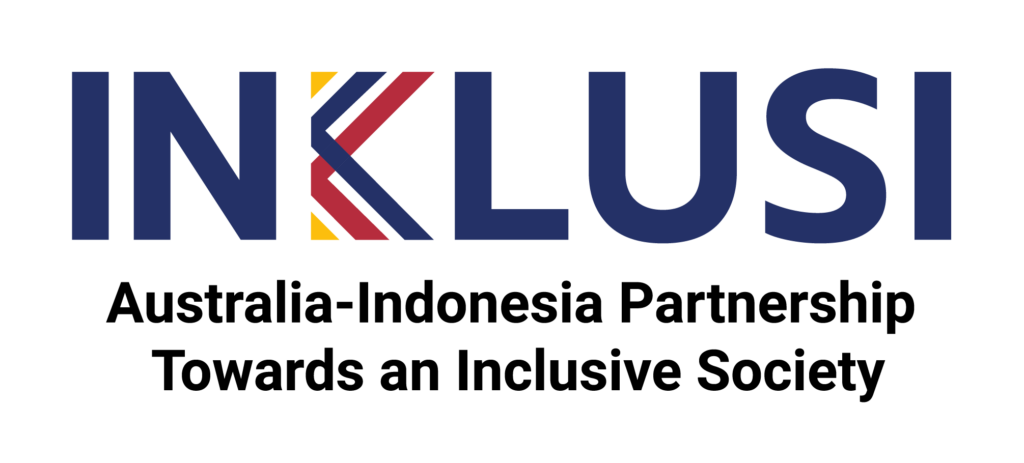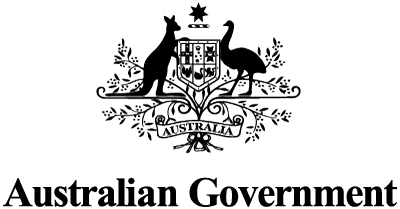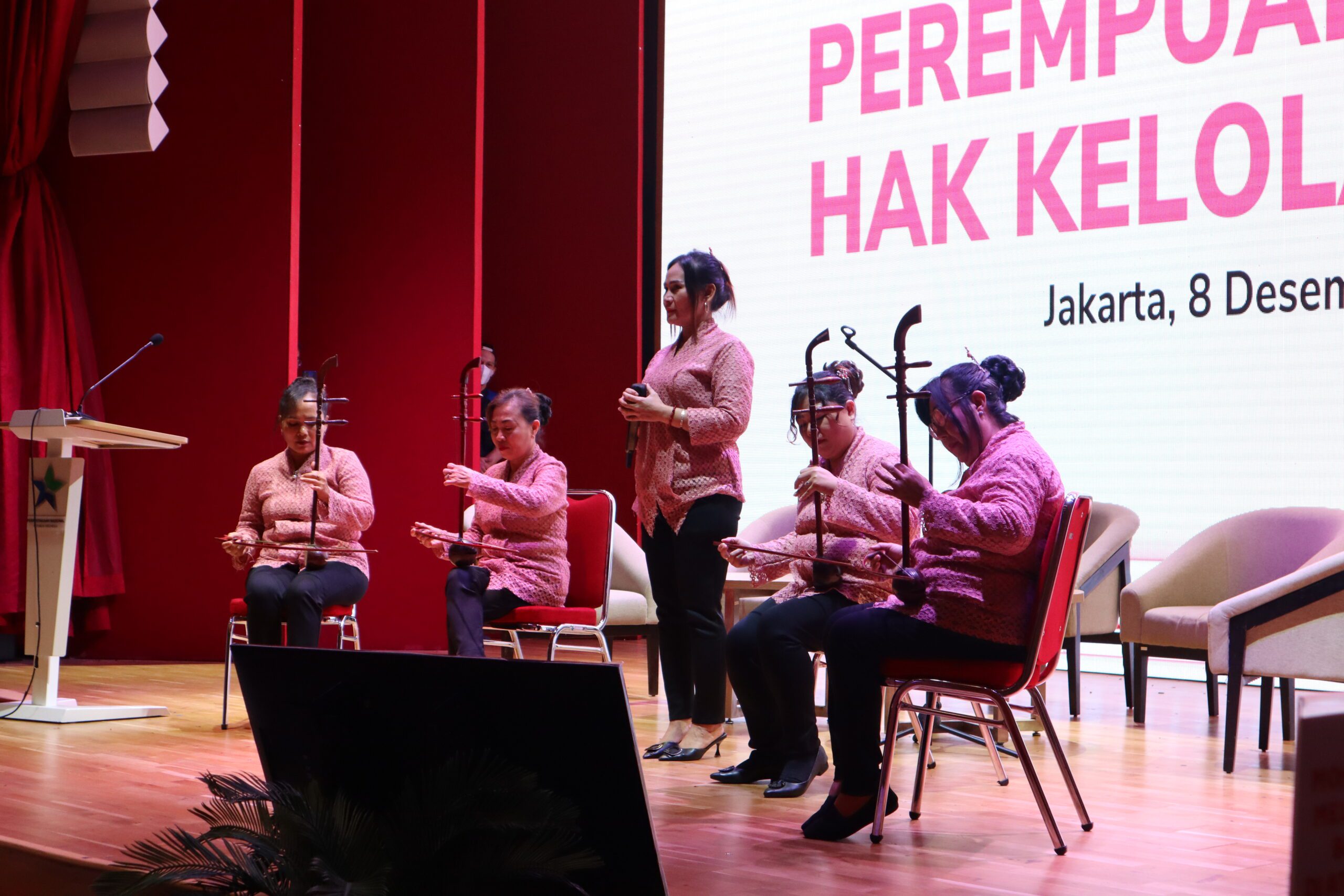In commemoration of Human Rights Day 2023, one of INKLUSI’s partners, KEMITRAAN, held a talk show entitled “Indigenous Women and Land Rights” on December 8, 2023, at the National Library Auditorium in Jakarta. This event was conducted by KEMITRAAN in collaboration with the National Commission on Human Rights (Komnas HAM).
Highlighting the strategic issue of the rights of indigenous women to the land they cultivate, this event carried the theme “Harmony in Diversity – #DifferentToUnite.”
By carrying the theme “Harmony in Diversity – #DifferentYetUnited,” this discussion aims to highlight the rights and protection of indigenous communities from various perspectives. These include women’s indigenous leadership, participation in decision-making, the rights of indigenous women in the media, as well as rights to access other basic services.
The event kicked off with a musical performance by TehYan from the Lentera Benteng Jaya community, comprising women from the Benteng Chinese ethnic group. Speakers from diverse backgrounds, including INKLUSI partners, shared their experiences and knowledge in efforts to fulfill the rights of indigenous communities.
One notable initiative is the one carried out by KAPAL Perempuan, providing leadership education for marginalised women in remote areas through their informal Women’s School (Sekolah Perempuan). Through an examination of how intersecting factors like gender and poverty impact women’s experiences, KAPAL Perempuan emphasises the need for education to change the perspective of vulnerable groups. The goal is to ensure they truly have equal rights within indigenous communities.
“We must engage in education through informal schooling to reshape the perspectives of the most marginalised groups, fostering genuine equal rights within their indigenous community,” states Budhis Utami, Executive Director of KAPAL Perempuan. Expanding on this, Budhis explains the role of KAPAL Perempuan in organising the informal Women’s School —an initiative aimed at empowering rural impoverished women, including those from indigenous groups.
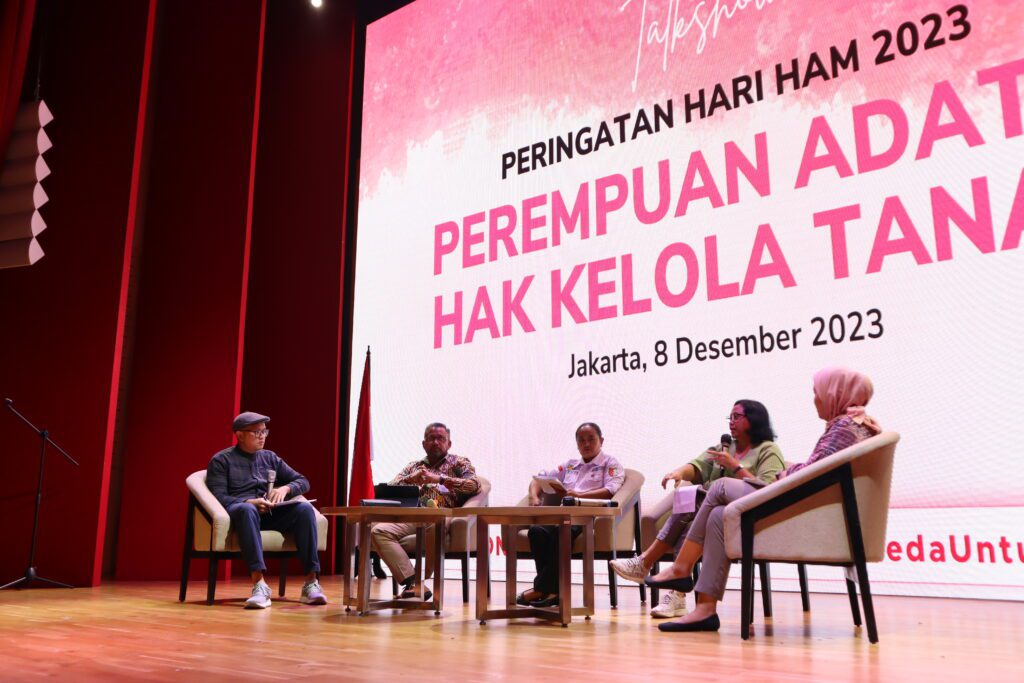
In this context, Budhis adds that knowledge is crucial for indigenous women to secure significant positions within the indigenous community as they often overlooked within their community.
“Knowledge and education serve as pathways for women to achieve significant roles in society. Holding strategic positions has the potential to reshape perceptions of women, demonstrating that they are indeed sources of knowledge,” remarks Budhis Utami.
In addition, Yarmi Ijo, an indigenous woman from To Kuwali who serves as the Head of Lonca Village, shares her commitment to involving women in public policy discussions. Her firsthand experience proves that indigenous women can lead and advance villages if provided inclusive participation.
“Women play a crucial role in rural development and their education is indispensable for advancing village growth. I hope there is an understanding that providing indigenous women with leadership opportunities contributes to the prosperity of the village,” expresses Yarmi Ijo.
Addressing the right to information and participation in media spheres, Ronna Nirmala of Project Multatuli, an independent media outlet dedicated to the struggles and rights of marginalised groups, underscores the importance of media support to amplify the involvement of indigenous women in disseminating information within the public sphere.
Aligned with this perspective, Gatot Ristanto of the National Commission on Human Rights (Komnas HAM) emphasised the imperative for robust legal protection, specifically in eradicating all forms of discrimination and violence against indigenous communities.
“Komnas HAM remains steadfast in its commitment to safeguarding the human rights of indigenous communities and women. To realise this commitment, the coordination and collaboration between institutions are essential for aligning policy implementation,” articulates Gatot Ristanto on behalf of Komnas HAM.
In line with the spirit of inclusive change, collective efforts are essential to reduce disparities and ensure that every voice, especially from indigenous women, is heard and respected in all aspects of life.
KEMITRAAN, through the INKLUSI Program, continues its commitment to promoting gender equality and women’s empowerment. One initiative involves facilitating the capacity building of indigenous women’s groups through the Estungkara program.
This discussion aims to inspire tangible policy enhancements and measures, fostering respect for the rights of indigenous communities, especially indigenous women, and striving to establish a fair and inclusive environment that acknowledges and values existing differences.
